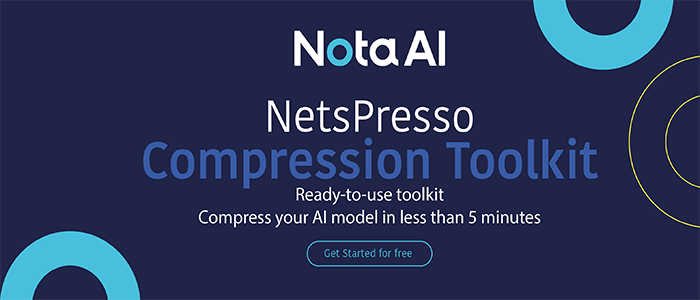This Article Is Based On The Meta AI's article 'Accelerating renewable energy with new data set for green hydrogen fuel'. All Credit For This Research Goes To The Meta and CMU Researchers. 👏👏👏 Please Don't Forget To Join Our ML Subreddit
A scalable answer to the energy difficulties faced by climate change is converting renewable resources to other fuels, such as hydrogen. However, to be widely accepted, low-cost catalysts must drive the required chemical processes at high speeds. Finding novel catalysts, unfortunately, is a time- and resource-consuming process. Traditional approaches, for example, allow researchers to assess tens of thousands of chemical compounds every year using computational methods, even though there are still billions of conceivable combinations of elements to examine.
A lack of suitable training data sets has been a stumbling obstacle for academics working on these machine learning models. To solve this issue, Meta AI and the Department of Chemical Engineering at Carnegie Mellon University (CMU) have collaborated on the Open Catalyst Project, which intends to develop machine learning (ML) models that replicate chemical processes and speed up the identification of low-cost catalysts. Meta has already made headway on this effort by open-sourcing OC20, the world’s most extensive training data set on renewable energy storage materials.
Meta AI researchers recently unveiled an entirely new data set focusing on oxide catalysts for the Oxygen Evolution Reaction (OER), a crucial chemical reaction involved in creating renewable hydrogen fuel using wind and solar energy. The OER data set includes over 8 million data points from over 40 thousand different simulations. It is the most comprehensive data collection on oxide catalysis, encompassing 52 elements and many oxide materials. Along with surface interactions with CO, H, C, and N, it involves interactions between the oxide materials’ surfaces and five key molecules involved in OER (O, OH, H2O, OOH, and O2). When crystal flaws and numerous molecules are present, it also examines interactions on the surface. The data collection, as well as the baseline models, will be made available to the public.

Researchers utilize quantum mechanical simulation tools such as density functional theory (DFT) to forecast the adsorption energies of tiny molecules on potential catalysts to find promising catalysts. DFT simulates the movement of atoms in a specific setting using quantum mechanics, shifting the locations of atoms in the system repeatedly until they achieve their lowest energy configuration, commonly known as relaxation. On a multicore system, every relaxation takes many hours to complete. This is a critical property in determining the catalyst’s effectiveness. Thanks to machine learning, DFT simulations that take hours or days can be replaced with ML predictions that take seconds. These machine learning models must be trained on data that matches the configurations or energy anticipated by DFT. To establish baseline models for our new OER data set, we collaborated with CMU specialists to select which materials should be included in the data set and conduct DFT calculations out of billions of possibilities.
The computation time necessary to create this data collection was tens of millions of hours. As part of Meta’s Net Zero initiative, the carbon emissions from the computing resources required to produce the data collection were pledged to be 100 percent offset.
The electrochemical reaction OER and the intermediary processes involved in the process are critical for hydrogen generation. Researchers may use this new data set to train and construct machine learning algorithms that can swiftly find low-cost oxide catalysts.
Improved OER catalysts will progress numerous renewable energy technologies, including solar and wind fuel generation and rechargeable metal-air batteries, a sustainable energy storage technology that may be used in electric vehicles.
Source: https://ai.facebook.com/blog/accelerating-renewable-energy-with-a-new-data-set-for-green-hydrogen-fuel/
Credit: Source link


Comments are closed.